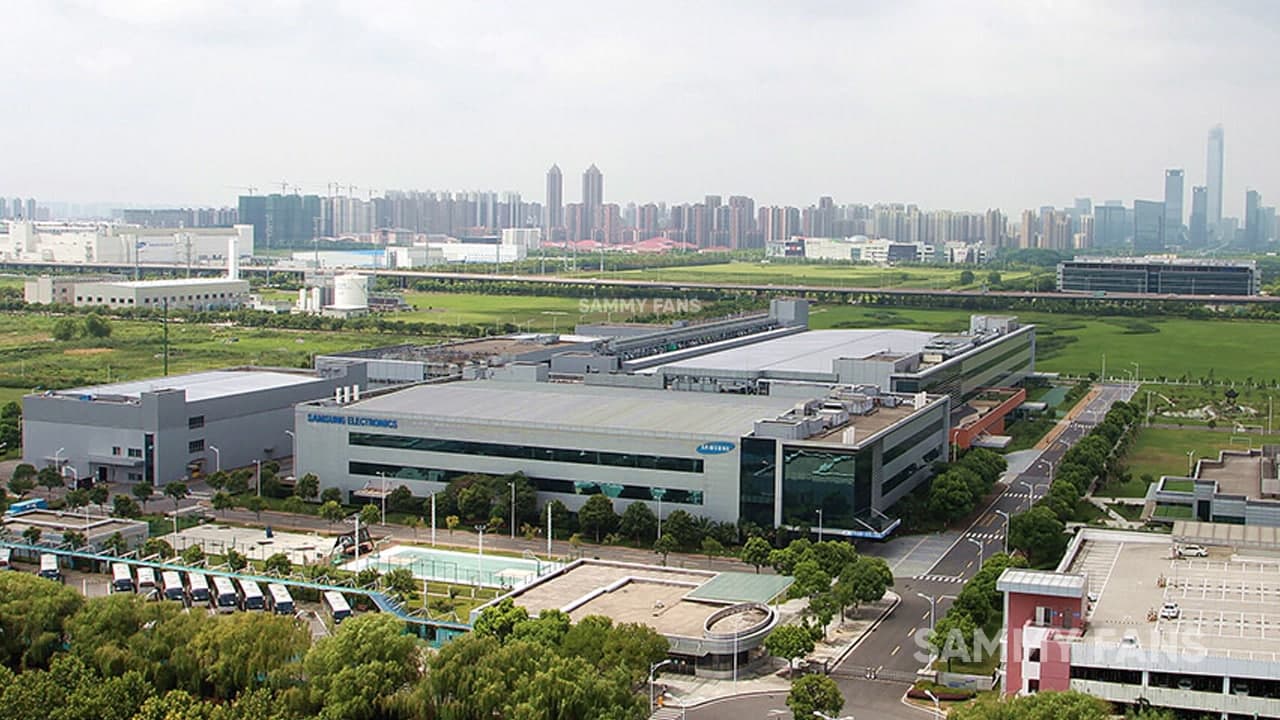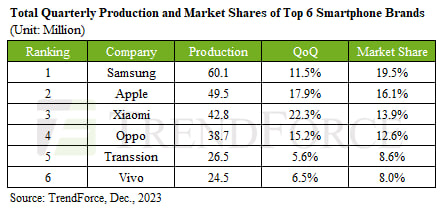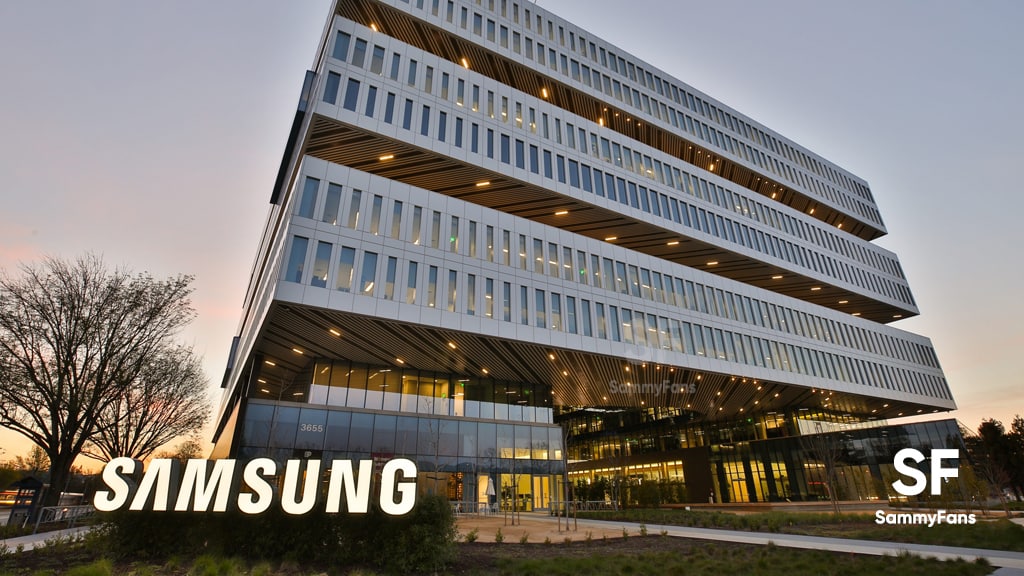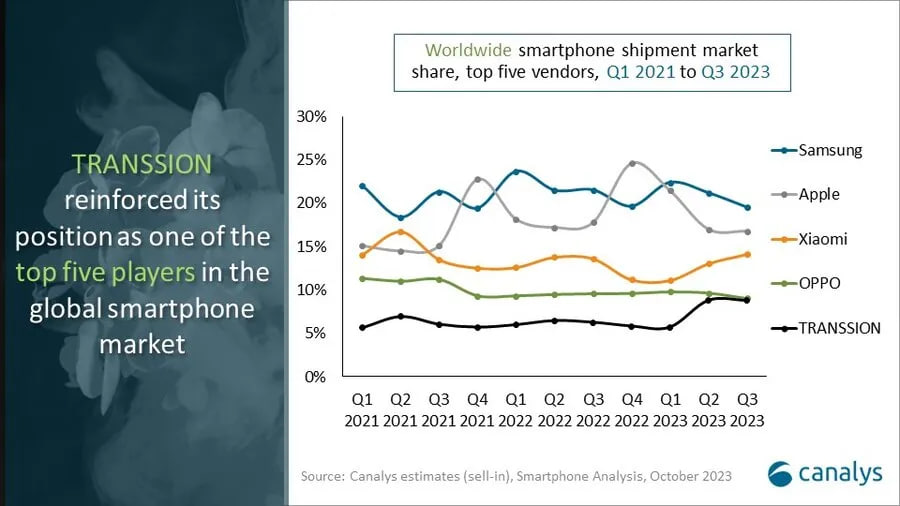Business
Samsung’s increased chip production prices to affect GPU and SoCs as well

According to the latest information, the South Korean foundry manufacturer Samsung Electronics revealed last week that it will increase foundry prices.
As per the report of Tom’s Hardware and SoyaCincau, that Ben Suh, senior vice president of Samsung’s investor relations department, said at a conference that Samsung’s foundry business is expected to accelerate growth, mainly through the expansion of the Pyeongtaek S5 production line and adjustment of pricing.
In other words, Samsung is planning to increase foundry prices to support the expansion of its S5 factory near Pyeongtaek, South Korea, so that it can get more revenue to support the next round of investment. The industry believes that the rise in Samsung foundry prices may affect the prices of chips such as GPUs, SoCs, and controllers manufactured by Samsung.
Join Sammy Fans on Telegram
Samsung Electronics plans to spend US$26.3 billion this quarter, of which US$23.75 billion is for semiconductors and US$1.6 billion is for displays. The investment in the foundry business focuses on the expansion of advanced processes, such as 5nm EUV lithography machines, and the launch of 3nm grid ring (GAA) designs.

The S5 factory is Samsung’s most advanced production line at present, which can support 5nm family 5LPP, 4nm 4LPE, and other process processes. In addition, the factory uses a large number of EUV lithography machines, and the cost of expansion is very high. Therefore, Samsung high capital expenditures in recent years, so they hope that customers will pay for it.
As we all know, Samsung uses its latest node technology to produce chips, such as its own Exynos chip, NVIDIA Ampere GPU chip, Qualcomm Snapdragon 888 chip, and tens of thousands of SoCs.
It is worth mentioning that Samsung is currently the only foundry that has officially confirmed the price increase. TSMC, UMC, SMIC, etc. reported by the media have not been formally confirmed.
Business
Samsung leads Q3 smartphone market, Huawei’s entry haunts Apple

Samsung ranked first in market share in the global smartphone market in Q3, 2023. TrendForce report says that Samsung led the global Q3 smartphone market, recording a market share of 19.5%.
Overall production in the third quarter increased by 11.5% compared to the previous quarter to 60.1 million units. During the same period, Apple’s production increased by 17.9% to 49.5 million, thanks to iPhone 15.
Follow our socials → Google News | Telegram | X/Twitter | Facebook | WhatsApp
Third place was taken by Xiaomi (13.9%), followed by Oppo (12.6%) and Transion (8.6%). 6th place is Vivo (8%). Meanwhile, global smartphone production reached 308 million units, a 13% increase compared to the previous quarter and a 6.4% increase from the previous year.
Huawei’s re-entry into the flagship smartphone market targeting Apple has had a significant impact in China. Huawei is aiming to expand its high-end flagship series, focusing on the Chinese domestic market next year, so Apple “We plan to attack directly”.

// Source
Business
Underdog phone brand jumped 50%, Samsung and Apple lost ground

In Q3 2023, Samsung and Apple’s market share slightly declined, while an underdog Chinese phone brand appeared on the top 5 chart. In a recent development, Canalys published market research data for the third quarter, revealing Tanssion as the fifth best-seller globally.
According to the info, Samsung and Apple lead total sales with 20% and 17% market share, yet both have fallen from their 22% and 18% levels in 2022. However, Tanssion, the maker of Tecno, Itel, and Infinix phones, climbed from 6% global market share last year to 9% in 2023, a 50% jump.
Follow our socials → Google News | Telegram | X/Twitter | Facebook | WhatsApp
Apart from this, Xiaomi matched last year’s share only by “recovering” from a terrible first half of 2023. At the same time, OPPO has fallen steadily over the past two years, while fellow BBK brand vivo lost the top-5 slot it’s owned for years.

Overall, the global smartphone market underwent a slight drop of 1% in Q3 2023. Bolstered by regional recoveries and new product upgrade demand, the smartphone market recorded a double-digit sequential growth in Q3, ahead of the sales seasons.
Business
Samsung enjoyed 2023’s last victory over Apple?

Recently, research agency Counterpoint Research published their latest analysis. The report reveals that Samsung continued its leadership in the third quarter of 2023, while Apple remained in the second spot. However, both OEMs faced a decline of 1 percent year over year.
According to CR, slower consumer demand is the main factor in the dwindling sales. The market did see a slight 2 percent growth in Q3 compared to Q2, likely driven by last month’s iPhone 15 series launch. Samsung secured 20 percent market share, while Apple grabbed 16 percent sales.
Follow our socials → Google News | Telegram | X/Twitter | Facebook | WhatsApp
The Galaxy A-series was the key driver for the South Korean smartphone maker. Apple came in second with 16 percent of the market while Xiaomi rounded out the top three with its 12 percent share. Oppo (10 percent) and vivo (8 percent) were the remaining brands in the top five charts.

The newly released iPhone 15 series will help Apple score a lead over Samsung in the fourth quarter of the year. The results will arrive by early next year, and it’s expected that the US phone maker could surpass Samsung. Major camera upgrades and USB-C helped Apple register strong sales.










